Kind to People, Kind to the Planet
Sustainability
Kind Pack's Sustainability Strategies
Environmental Impact Reduction
We focus on reducing its environmental impact throughout its operations. This includes minimizing energy consumption, reducing waste generation, and optimizing logistics to decrease emissions. We aim to improve energy efficiency in our products and facilities and implement eco-design principles to reduce the environmental footprint of our products.
Circular Economy Approach
We embrace the principles of the circular economy by focusing on product lifecycle management. We work to extend product lifespans, promote repairability and upgradability, and implement take-back programs for responsible end-of-life disposal and recycling of our products.
Responsible Supply Chain
We strive to ensure that our supply chain adheres to high ethical and environmental standards. We collaborate with suppliers to promote responsible sourcing practices and require suppliers to adhere to their Supplier Code of Conduct, which includes commitments to human rights, fair labor practices, and environmental responsibility.
Employee Well-being and Development
We place importance on the well-being and development of its employees. We focus on creating a safe and inclusive work environment, fostering diversity and equal opportunities, and promoting employee growth and development through training and engagement programs.
Corporate Social Responsibility (CSR) Initiatives
Emissions
By setting targets to reduce and record our emissions, we will be playing our part to protect the planet.
We will use our targets to set and achieve goals to reduce the impact KINDPACK group has on the planet.
Our Target
We will reach a 30% decrease in our CO² emissions ratio by revenue by 2030.
We will reduce our absolute emissions by 20% for 2030 and 50% for 2040.
Water
Water is a commodity that is increasingly in demand in our current society. With the global water demands set to increase, we have set ourselves a goal to build our understanding and in time set clear targets to recycle water from the product process to keep in line with the UN water guidance.
Our Goal
Understand our water usage for our manufacturing sites and introduce greater water mapping in order to increase our water efficiencies and absolute water use going forward.
Energy
We are making strides to increase the percentage of our electricity usage from renewable sources. This will not only decrease our carbon footprint but enable us to contribute to increasing the share of renewable energy in the global energy mix.
Our Goal
By 2025, understand the renewable energy potential of our different sites and set policies and strategies to utilize renewable energy initiatives.
Waste
We integrate sustainable practices throughout our products, using lifecycle assessments to help make more products that are able to be recycled, reused or composted. Tackling our own waste and reducing non-recyclable waste is another step we have taken to create a more sustainable environment.
Our Target
We will divert over 90% of our industrial waste from landfill from our production sites by 2030.
Educate sites on waste management and create site specific policies for reducing waste by 2025.
Goals and Targets
Emissions
By setting targets to reduce and record our emissions, we will be playing our part to protect the planet.
We will use our targets to set and achieve goals to reduce the impact KINDPACK group has on the planet.
Water
Water is a commodity that is increasingly in demand in our current society. With the global water demands set to increase, we have set ourselves a goal to build our understanding and in time set clear targets to recycle water from the product process to keep in line with the UN water guidance.
Energy
We are making strides to increase the percentage of our electricity usage from renewable sources. This will not only decrease our carbon footprint but enable us to contribute to increasing the share of renewable energy in the global energy mix.
Waste
We integrate sustainable practices throughout our products, using lifecycle assessments to help make more products that are able to be recycled, reused or composted. Tackling our own waste and reducing non-recyclable waste is another step we have taken to create a more sustainable environment.
Our Target
We will reach a 30% decrease in our CO² emissions ratio by revenue by 2030.
We will reduce our absolute emissions by 20% for 2030 and 50% for 2040
Our Goal
Our Goal
By 2025, understand the renewable energy potential of our different sites and set policies and strategies to utilize renewable energy initiatives.
Our Target
We will divert over 90% of our industrial waste from landfill from our production sites by 2030.
Educate sites on waste management and create site specific policies for reducing waste by 2025
Green Certifications
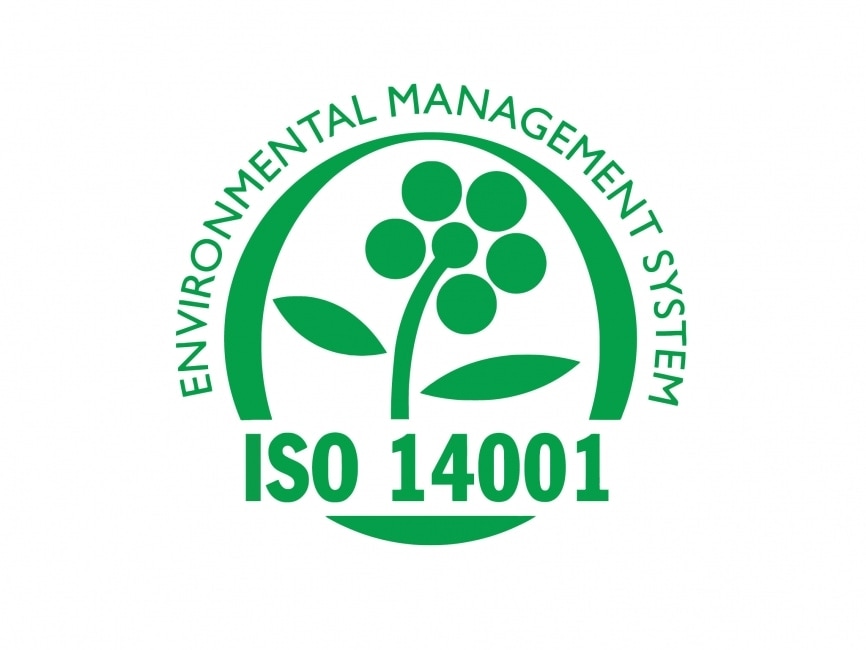
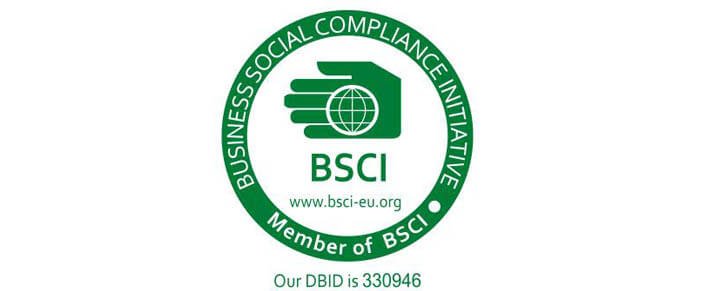
We are a Business Social Compliance Initiative member that monitors and assesses workplace standards across the global supply chain.
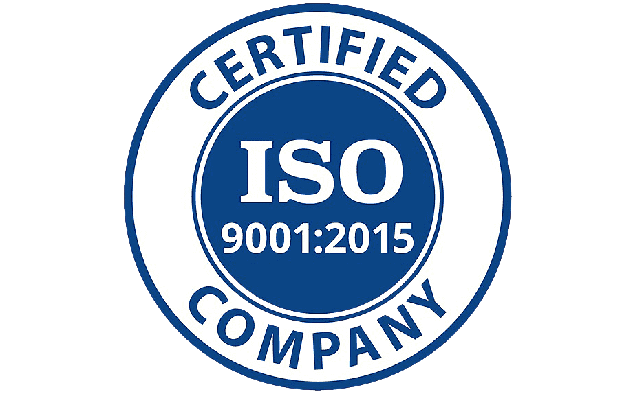
A global standard for Quality Management Systems, ensuring consistent customer and regulatory requirements for delivery
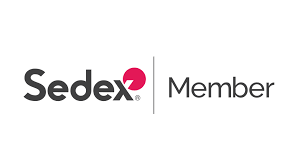
We are a Sedex member. Fully audited and monitoring environmental, labor, and human rights risks.
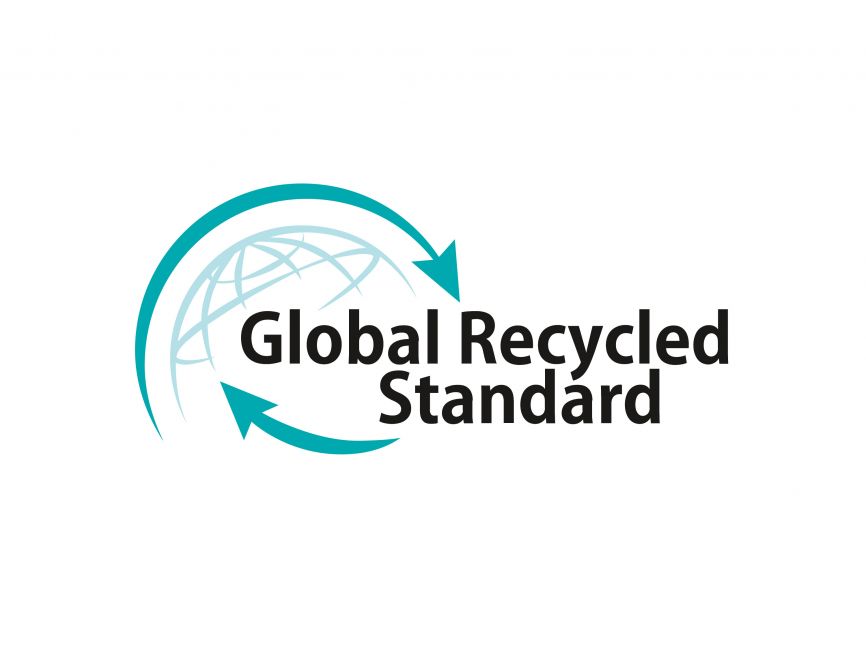
This GRS certification demonstrates our commitment to truth in materials and support for a circular economy that reduces waste by using it to make new products.
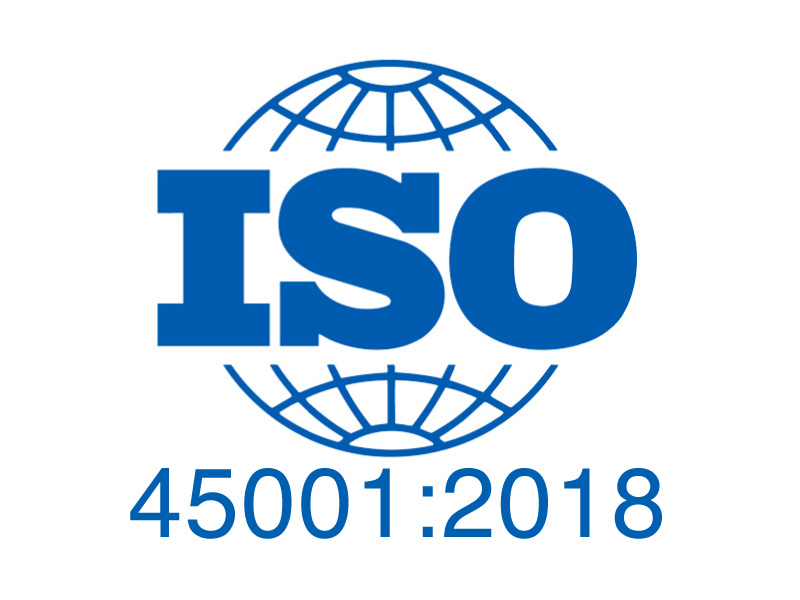
This certification demonstrates our commitment to ensuring a healthy and fair work environment.
